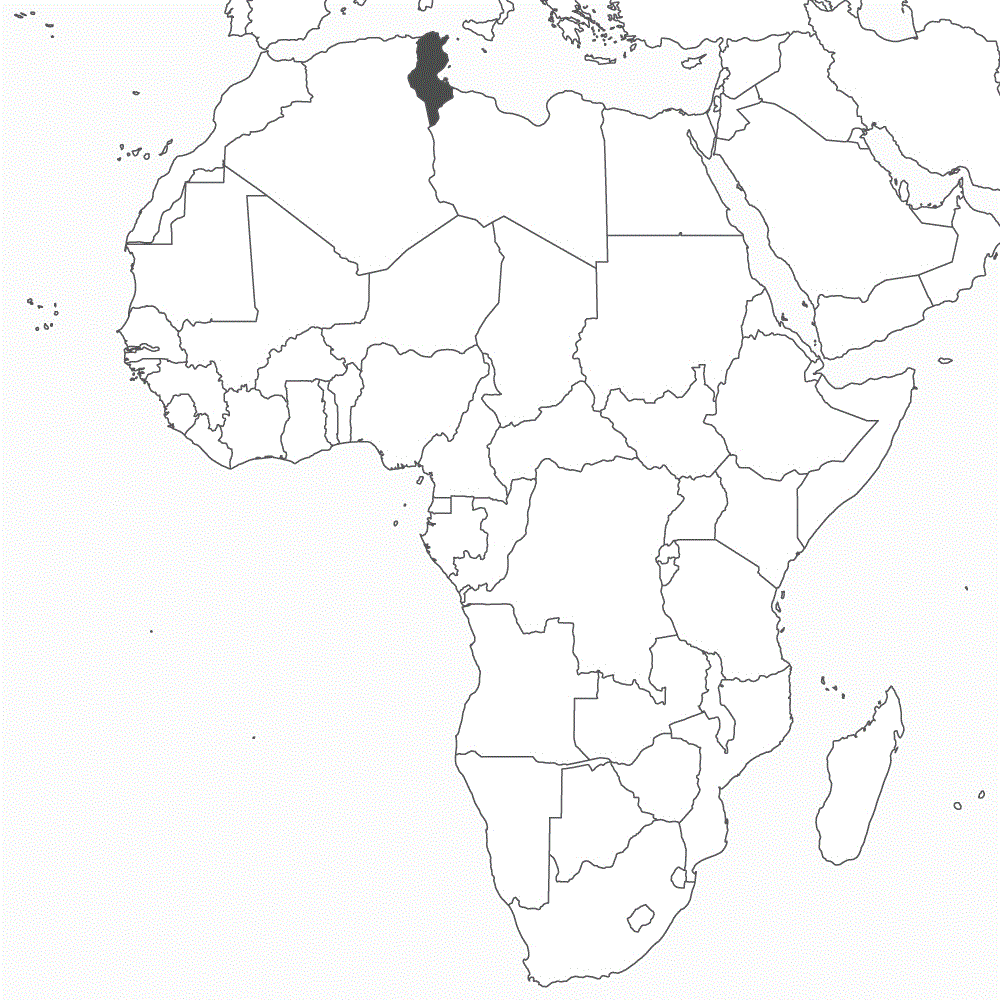Berlin and human rights (II)
EU’s North Africa partners in “migrant management” are rewarded for dumping sub-Saharan refugees in the desert without food or water. Many are left to die – as recorded recently in the case of Tunisia.
BRUSSELS/TUNIS/RABAT (own report) – The Tunisian authorities once again expelled a large number of refugees into the desert in the past week – a practice that takes place under cooperation arrangements with the EU designed to push back and deter migrants. Human rights activists in Tunis have reported that Tunisian officials abandoned around forty sub-Saharan refugees in an isolated desert area without food or water. It is unknown whether those forcibly expelled are still alive or whether they have since died of thirst. In July 2023, the EU concluded a deal with Tunisia to stop migrants heading for Europe. It has made 785 million euros available for this purpose. Tunis has agreed to do everything it can to prevent refugees from crossing the Mediterranean. Since then, the Tunisian government has been sending desperate people into the desert. The governments of Morocco, Mauritania and Algeria are also cooperating with the EU on “migrant control” and are pursuing the same deadly practice. In February, for example, Brussels promised Mauritania 210 million euros in return for measures to prevent refugees from travelling to the Canary Islands. Dead bodies are repeatedly discovered in the desert on the borders of Tunisia, Algeria and other countries. Read more
TUNIS/BERLIN (Own report) - Protests continue against the new Finance Act, which is leading to drastic price hikes in Tunisia, a site of German low wage production. The IMF had imposed the Act on the country to combat the consequences of the structural crisis, in which Germany had played a role in creating. German enterprises and the German government have contributed to Tunisia’s focusing its production on but a few export sectors - particularly the textile and cable production - which cannot offer any real possibilities for the country's development. Because of its heavy dependence on foreign enterprises, Tunis was forced to grant investors tax benefits, which helped drive that country into a dept trap. Last year, Tunisia had to pay nearly a fifth of its budget to foreign creditors, according to a study by the German Left Party-affiliated Rosa Luxemburg Foundation. Within the framework of the G20-"Compact with Africa," Berlin is shaping Tunisia to fit the interests of German investors. Read more
GERMAN-FOREIGN-POLICY.com
Information on German Foreign Policy: News + Interviews + Analyses + Background
